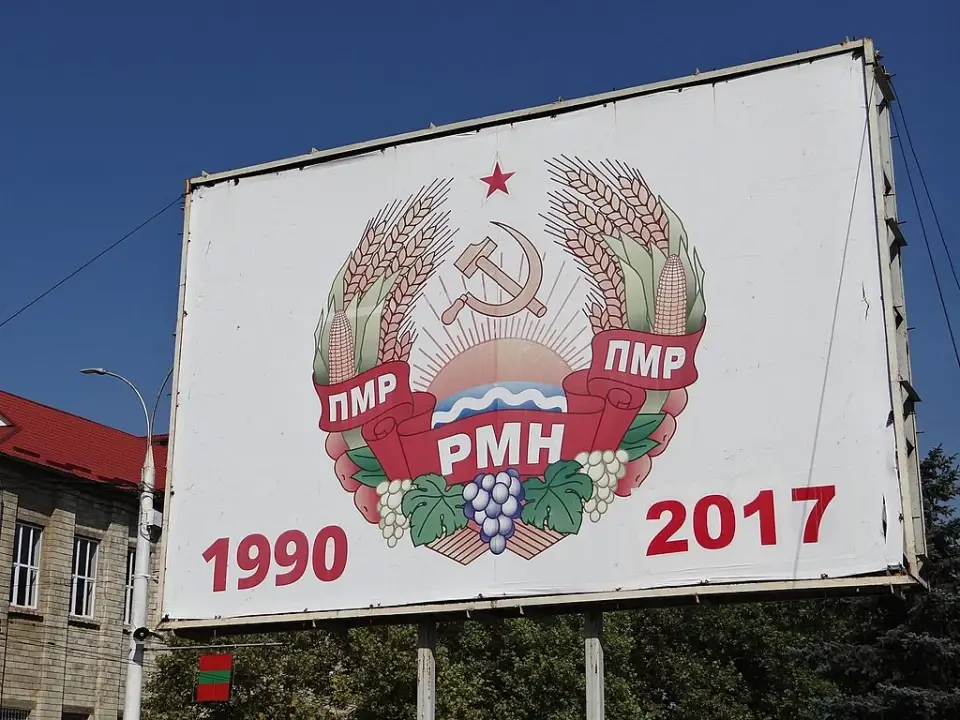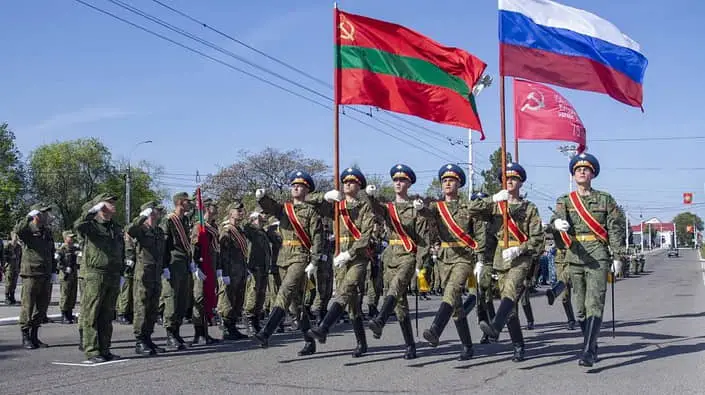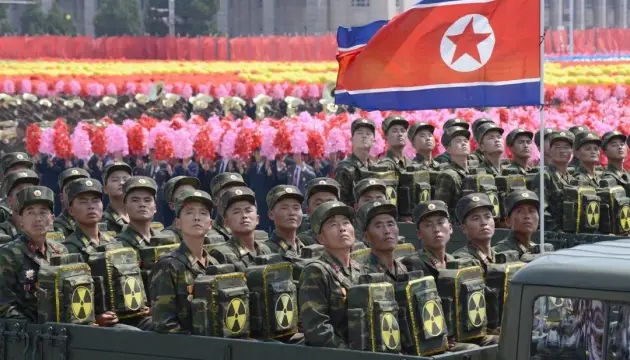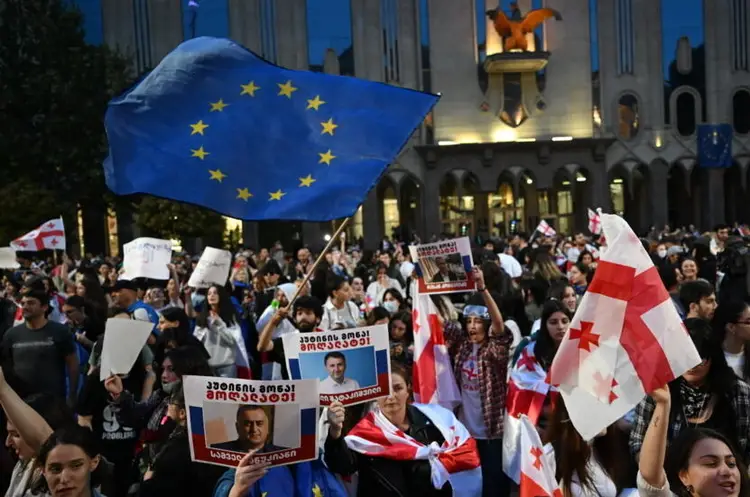The kremlin is preparing to destabilize the situation in Transnistria

Can an unrecognized republic become part of russia?
On February 28, the unrecognized Transnistrian Moldovan Republic held a congress of so-called "deputies" and adopted a number of decisions that are likely to justify possible actions against Moldova in the future for the kremlin. These decisions could serve as a basis for a wide range of possible escalatory measures by russia, which could be intended for both immediate and long-term use.
Transnistria has previously used the idea of protecting its "compatriots abroad" to justify russia's military presence and occupation since 1992. Now, it is possible that Transnistrian representatives are creating conditions for additional russian activity in the region, in particular by summoning residents of Transnistria with russian citizenship.
Although the kremlin has not yet given any concrete signals of immediate escalation after the congress of Transnistrian "deputies", it will soon become clear what moscow really wants.
On February 28, the russian foreign ministry responded to the appeal of the Transnistrian "deputies" congress, stating that protecting the interests of Transnistrian residents and "compatriots" of russia is a priority for russia, and promised to "carefully consider" Transnistria's demands.
Based on the information, it is likely that the kremlin will use the congress as a springboard to intensify hybrid operations aimed at destabilizing and polarizing Moldova before the EU accession negotiations and the presidential elections in Moldova in June and November 2024.
The most risky could be a formal annexation of Transnistria by the kremlin to justify a possible military intervention against Moldova in the long term.
The russian authorities can take the following measures:
1. Decision not to take action immediately after the February 28 congress, but possible satisfaction of Transnistria's demands later.
2. Increase diplomatic pressure on Moldova to cancel the amendments to the Customs Code.
3. Providing additional military assistance to Transnistria in the future, although it is unclear how it can be delivered through the airspace of Ukraine or Romania.
Although, the possibility of a large-scale redeployment of russian forces through the southern territories of Ukraine or through the Odesa region currently seems unrealizable due to the risks and difficulties it poses.
First of all, it is necessary to understand how extraordinary the "Transnistrian conflict" is. This narrow strip of land in eastern Moldova has become a place of business where the interests of Tiraspol and Chisinau clashed, their relations turned into a strange coexistence, and the "conflict" became a cover for an international organized crime network that has been involved in smuggling that has been beneficial to Chisinau for many years.
russia also did not mind - for it, the military presence in Transnistria, as well as control through the so-called negotiation process, was enough to ensure the situation was frozen.
This was everyone's pleasure for a long time. But then February 24, 2022 happened. The war changed everything.
This caused a shock on the left bank of the Dniester, where they realized that russia was not so far away, but Ukraine was close by and angry. Therefore, the Transnistrian "authorities" tried to remain invisible so as not to attract attention."
However, it was not without consequences.
Companies from Transnistria had some tax and customs privileges compared to companies registered in Moldova due to corruption and betrayal in the Moldovan authorities.
Now the current government has begun to cancel these benefits gradually.
We should also take into account that the russian army has been in Transnistria since the 1990s. This is not a peacekeeping mission, but an occupation army whose task is to prevent the conflict from being resolved peacefully.The peculiarity of this occupation is that half of the military personnel are residents who have received russian citizenship. They serve for a stable income, not for putin.













